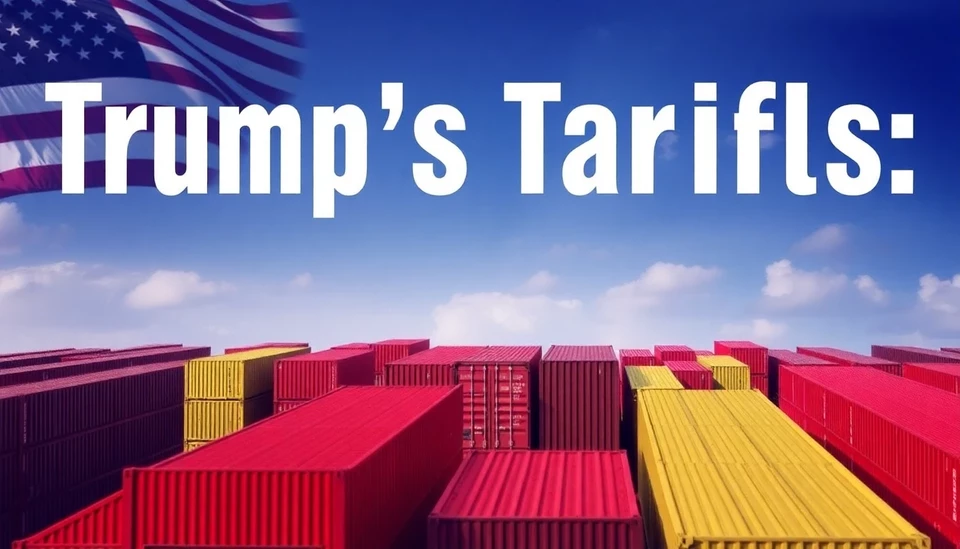
The Bank of Canada has issued a concerning analysis indicating that ongoing trade tensions could have a lasting detrimental effect on the nation’s economy. According to their latest report, the institution projects that persistent trade wars could lead to a permanent reduction in Canada’s gross domestic product (GDP) by approximately 2.5% over the long term.
This stark prediction highlights the potential fallout from international trade disputes, particularly as Canada continues to navigate complex relationships with key trading partners. The Bank's analysis suggests that these tensions could lead to a less efficient allocation of resources, which ultimately stifles economic growth and innovation.
Earlier data from the Canadian government suggests that trade has been a significant driver of the nation’s economic performance, and current trade barriers threaten to undermine this essential component. The effects of these trade wars extend beyond mere numbers; they pose tangible risks to investment, job creation, and overall economic stability in Canada.
In practical terms, the Bank of Canada points to disruptions in supply chains and increased tariffs as two of the most significant factors adversely affecting the economy. As businesses grapple with these uncertainties, they are likely to reduce investments, which is a critical engine of growth, further exacerbating the downturn in economic output.
Moreover, these trade conflicts are also affecting consumer confidence. Canadians are witnessing fluctuating prices on goods and may become more cautious about making significant purchases, which could, in turn, slow domestic consumption—a key pillar of the economy.
Looking ahead, the Bank of Canada emphasizes the need for policymakers to address these challenges proactively. They recommend fostering dialogue and negotiating trade agreements that promote free-flowing trade while also ensuring a robust domestic economic framework to support growth amidst these disruptions.
This latest analysis serves as a stark reminder of the interconnectedness of global economies and the importance of maintaining healthy trade relationships. With the prospect of long-term output decline looming, Canadian officials must act decisively to mitigate the adverse effects of ongoing trade wars.
In conclusion, the implications of this report are significant and warrant serious discussion among economic stakeholders in Canada. As the landscape of global trade continues to evolve, understanding the potential long-term consequences of these tensions will be critical for maintaining Canada’s economic health.
#TradeWars #BankOfCanada #EconomicForecast #CanadaEconomy #GDPDecline
Author: Rachel Greene




